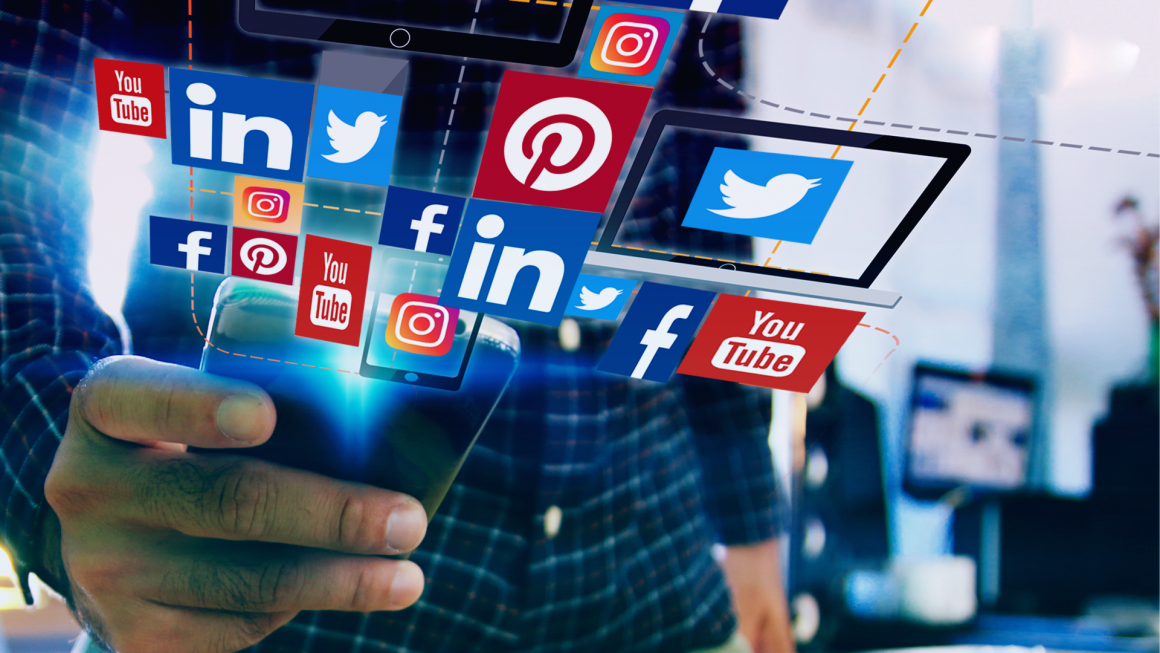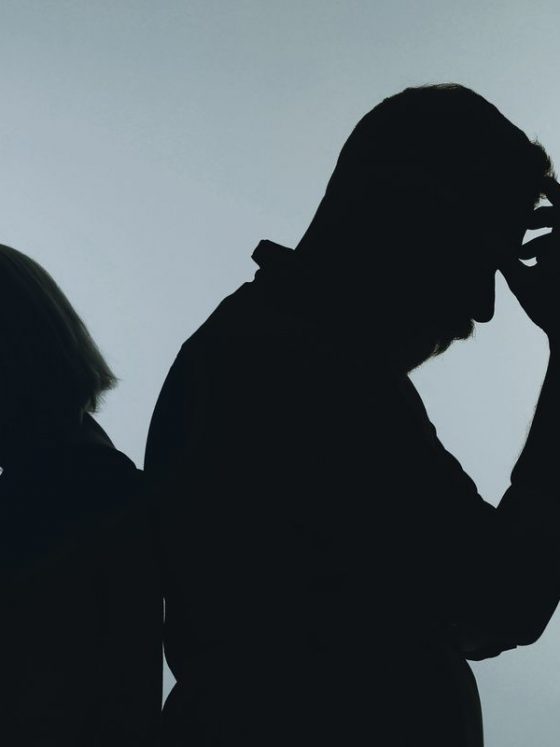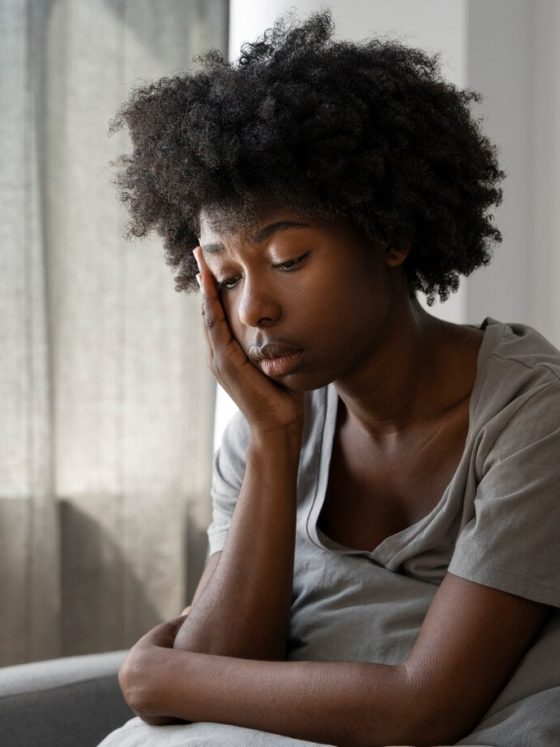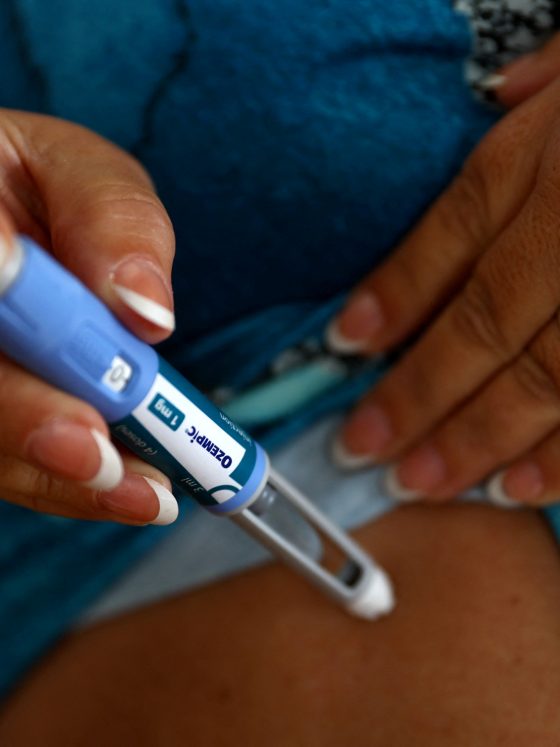Without a doubt, social media has provided many great opportunities for everyone. For some, it has aided in reconnecting with old friends, learning new skills, and sharing informative content. Most importantly, it has become home to many businesses and has helped the growth of a different kind of economy. While there are loads of notable positives, we can’t also ignore the negatives that come with it. Some people have made claims of feeling stressed, envious, lonely and depressed due to peer pressure from social media interactions. If this is you, know that you are not alone. Your mental health is critical, and you need to protect it. Use the following tips to stay safe.
Put a limit on the usage.
Don’t allow social media to interfere with your day-to-day activities. Set aside time each day to disable social media notifications or put your phone on flight mode. These will allow you to connect with the people in your life more effectively. Avoid checking social media during lunch dates with friends and family and during private moments with your partner. Also, avoid allowing your social media to interfere with your work. Most importantly, do not keep your phone or laptop near your bed.

‘Detox’ Periods are Required.
Take multi-day breaks from social media. According to research, taking a break from social media for a few days can help with stress and depression. It may appear difficult at first but begin by taking at least a 10- to 20-minute break every day. If you are making progress, you can seek help from family and friends by publicly stating a complete break from social media and then deleting the app.
Be intentional about how you feel.
Use your preferred social media platform at various times of the day and for varying lengths of time to determine how you feel during and after each period. You will discover that a few short bursts of activity will make you feel better than hours of internet browsing. Set a timer for 10 p.m. to log off from all social media platforms. Those who use social media passively, browsing and consuming other people’s posts, feel worse than those who post their content and interact with others online. If possible, limit your online interactions to people you know in person.
Use social media with caution.
Pay attention to the content you consume on social media. Make sure you are not allowing online content to influence your emotions, thoughts, or actions. The news you get in the morning should contain the information necessary, rather than the news that stresses you out. Don’t let images of your friends or young people living extravagant lifestyles make you feel envious or lazy. If you have the habit of going online in the morning to catch up on trending news, think about why and how it will benefit you.
Don’t be afraid to use the mute/unfollow button.
When those contents no longer interest you, when the amusing skits become tedious and annoying, press the mute button and unfollow. When the contents begin to hurt you, your priority should be your mental health, not the feelings of your online friends.
Offline communication with friends.
We are almost all guilty of using social media to keep up with the lives of our loved ones. Calling and chatting with them is enjoyable and engaging, but we should visit them once in a while if they live in the same town. Don’t let social media take the place of real life. An offline relationship has incalculable value.













